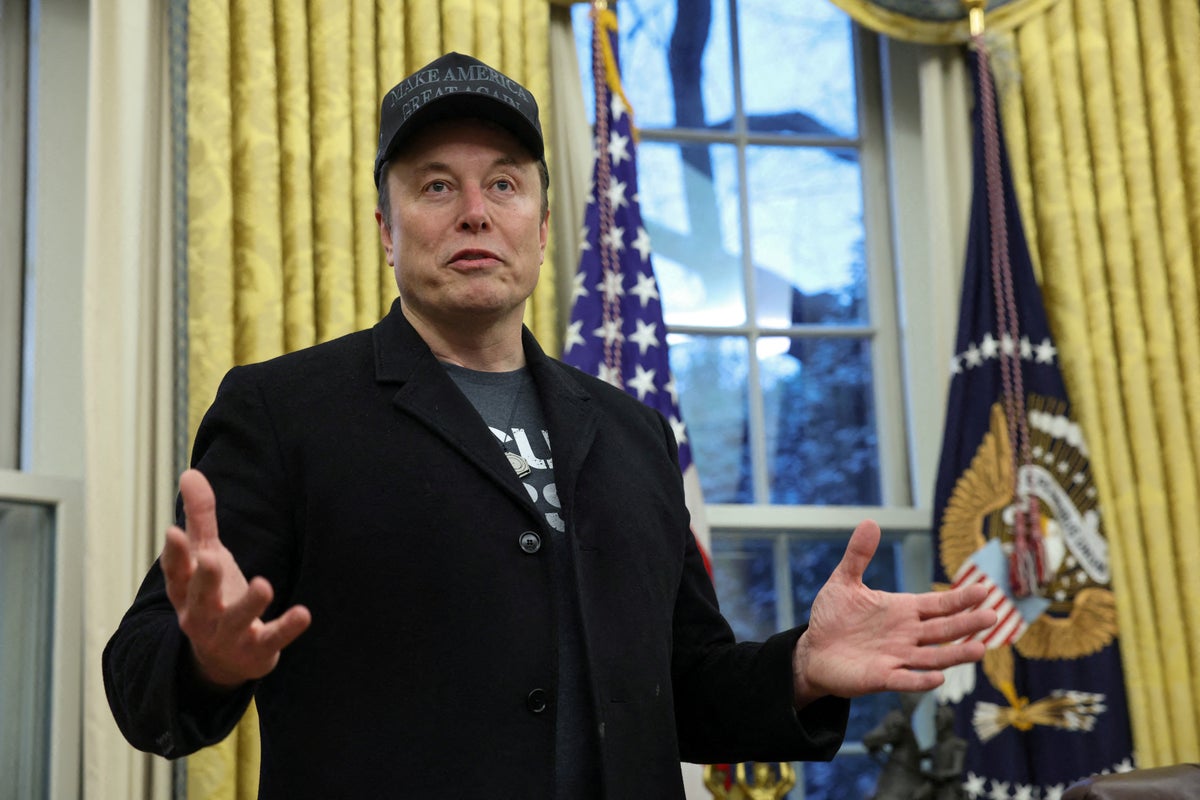Musk's Empire: The Billion-Dollar Taxpayer Windfall Revealed

While political tensions simmer in Washington, Elon Musk's companies are quietly cashing in on lucrative government contracts. SpaceX and Tesla are proving remarkably adept at securing substantial federal funding, even as their high-profile CEO takes aim at government institutions.
Despite the apparent contradiction, these companies have strategically positioned themselves to benefit from significant government spending. SpaceX continues to win critical NASA and military contracts, while Tesla has secured numerous federal and state incentives for its electric vehicle and clean energy technologies.
The irony is not lost on industry observers: Musk's enterprises are thriving within the very governmental ecosystem he often criticizes, demonstrating a remarkable ability to navigate complex federal procurement processes and leverage public sector opportunities.
These government partnerships have become a crucial revenue stream for both SpaceX and Tesla, highlighting the complex relationship between innovative private enterprises and federal funding sources.

